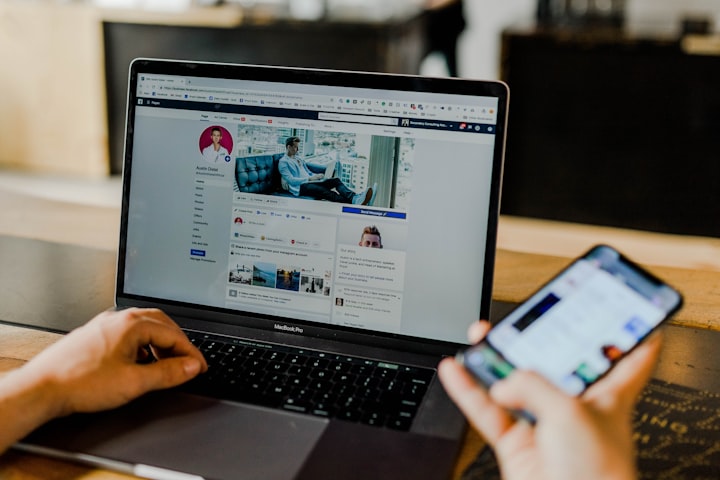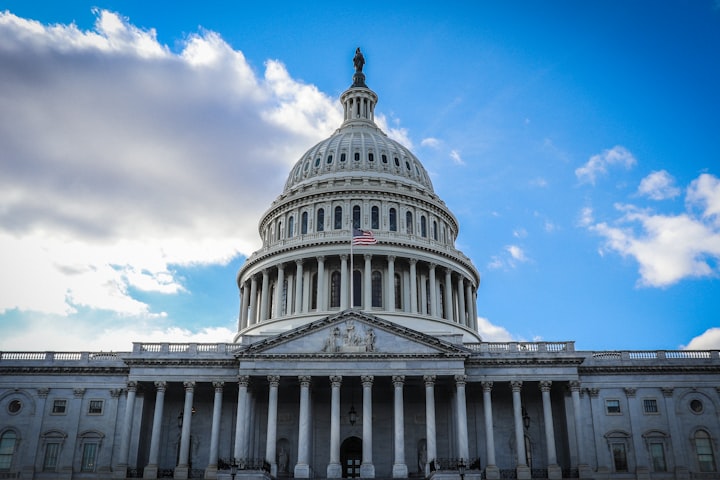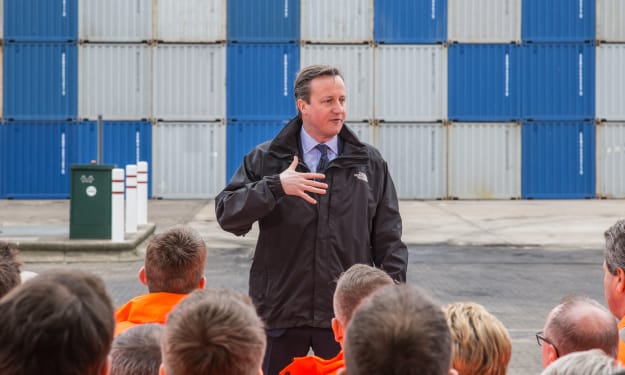Social Media's Impact on Politics: Misinformation and Influencer Role
Exploring the Challenges and Opportunities for Democracy in the Digital Age

Social media has become an integral part of modern life, with more than 3.96 billion people using different social media platforms worldwide, according to the latest statistics. While social media has been credited with facilitating communication and empowering individuals to share their views, it has also had an unprecedented impact on politics. Social media has transformed the way that political candidates interact with their constituents and the way that citizens engage with politics. In this blog post, we will discuss the impact of social media on politics, including the spread of misinformation and the role of influencers.
The Rise of Social Media in Politics
Social media has become a crucial tool in political campaigns, as candidates can use it to reach voters directly and engage with them in real-time. For example, during the 2008 US presidential campaign, Barack Obama effectively utilized social media to connect with voters, using platforms like Facebook and Twitter to build a grassroots campaign that mobilized millions of voters. This approach was also adopted by other political candidates and parties across the world, leading to the rise of social media in politics.
The Spread of Misinformation on Social Media
While social media has enabled politicians to reach a wider audience, it has also given rise to the spread of misinformation. Misinformation refers to any false or misleading information that is spread deliberately or unintentionally, often with the aim of shaping public opinion. Misinformation on social media has become a major problem in recent years, as it can have a significant impact on public discourse, elections, and public policy.
One reason why misinformation spreads so quickly on social media is that it is often presented in a sensational or attention-grabbing way, making it more likely to be shared and amplified. In addition, social media algorithms are designed to promote content that is engaging and that generates high levels of user engagement, which can often result in the spread of misinformation.
The Role of Influencers in Spreading Misinformation
Another factor contributing to the spread of misinformation on social media is the role of influencers. Influencers are people who have a large following on social media and who use their platforms to promote products, services, or ideas. While some influencers use their platforms to promote positive messages or advocate for social change, others have used their influence to spread false or misleading information.
One example of this is the anti-vaccine movement, which has been fueled in part by social media influencers who spread misinformation about the safety and efficacy of vaccines. In some cases, these influencers have even claimed that vaccines can cause autism or other serious health problems, despite overwhelming scientific evidence to the contrary.
The misinformation is to use fact-checking tools and algorithms that can identify and flag false or misleading content. For example, Facebook has partnered with fact-checking organizations to identify and label false news stories, and Twitter has implemented a feature that prompts users to read an article before retweeting it.
However, critics argue that these measures are not enough, as they rely on the accuracy and objectivity of fact-checking organizations and the algorithms used to identify misinformation. In addition, social media companies have been criticized for their inconsistent enforcement of their policies, which has led to accusations of bias and censorship.
Conclusion
The impact of social media on politics is both significant and complex. While social media has given politicians and citizens new ways to communicate and engage with each other, it has also given rise to the spread of misinformation and the influence of social media influencers. This has the potential to undermine the integrity of elections, distort public opinion, and erode trust in democratic institutions.
It is important that social media companies continue to take steps to address the spread of misinformation on their platforms, while also ensuring that they do not infringe on free speech or engage in censorship. This requires a delicate balancing act, as social media companies must navigate the competing demands of protecting the public from harmful content and preserving the right to free expression.
At the same time, citizens must also take responsibility for their own use of social media, by being vigilant about the sources of information they rely on and by fact-checking any content before sharing it with others. This requires a greater awareness of the potential for misinformation on social media and a commitment to critical thinking and media literacy.
Ultimately, the impact of social media on politics will depend on how we use it and how we choose to engage with it. As social media continues to evolve and transform the way that we interact with each other, it is important that we remain mindful of its potential for both positive and negative impact on our politics and our society as a whole.
About the Creator
Lawrence Lease
Alaska born and bred, Washington DC is my home. I'm also a freelance writer. Love politics and history.






Comments
There are no comments for this story
Be the first to respond and start the conversation.